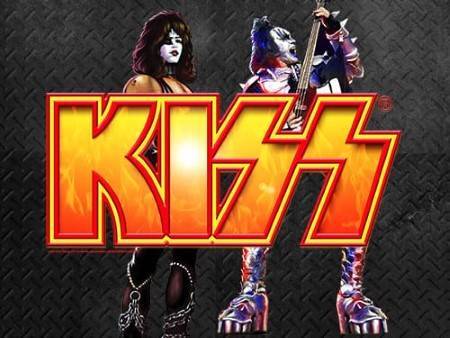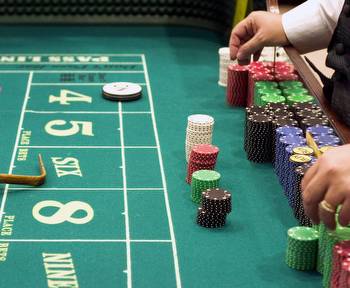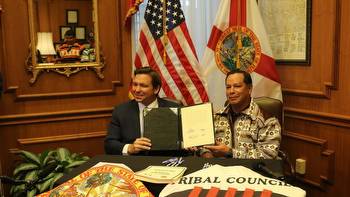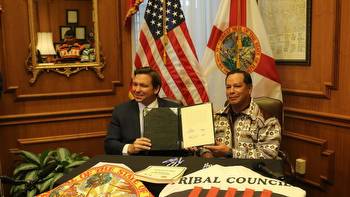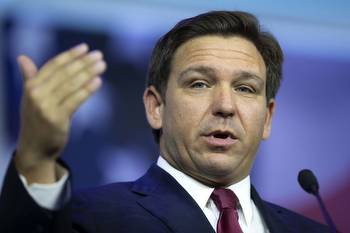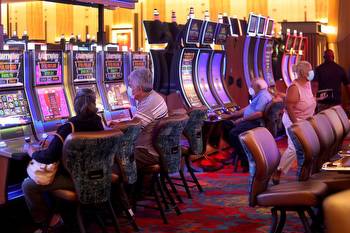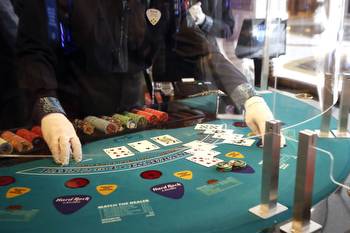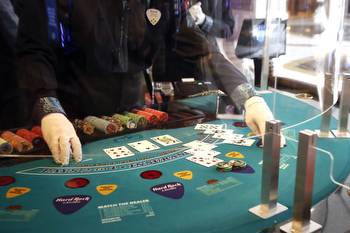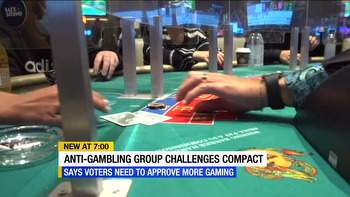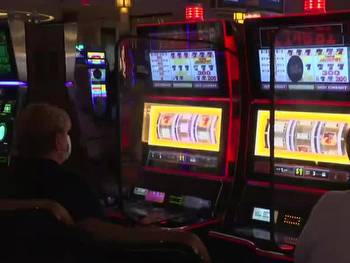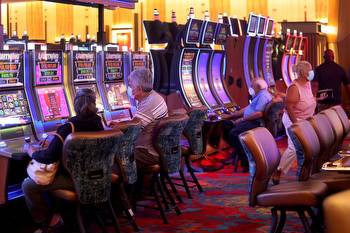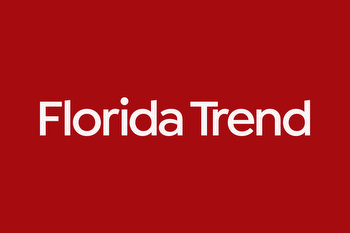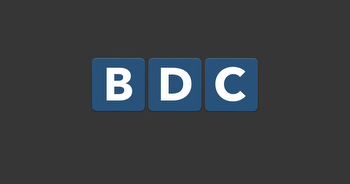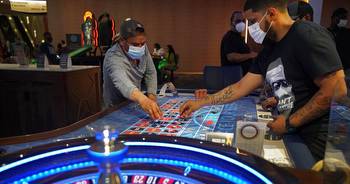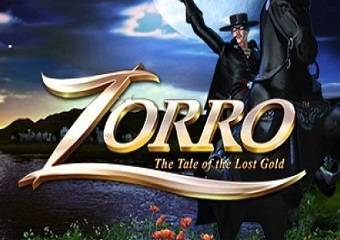Massive gambling compact approved; expansion of gambling poised to change FL landscape
It’s official. Federal authorities green-lighted Florida’s gambling compact with the Seminole Tribe of Florida on Friday, marking the start of a new cultural era by allowing digital gambling statewide for the first time in Florida history.
The 30-year compact, worth $2.5 billion to the state of Florida in just the first five years, was ratified by the Florida Legislature in May and was subject to federal review under the Indian Gaming Regulatory Act (IGRA).
On Friday, the top-ranking official in the U.S. Department of Interior’s Bureau of Indian Affairs (BIA) wrote to Gov. Ron DeSantis and Tribe Chairman Marcellus Osceola that the compact those leaders signed on April 23 is “considered to have been approved” without action by the BIA, which declined to affirmatively approve it during a 45-day review period but also did not reject it.
Bryan Newland, head of the BIA, wrote: “After thorough review under IGRA, we have taken no action to approve or disapprove the Compact before August 5, 2021, the 45th day. As a result, the Compact is considered to have been approved by operation of law to the extent that it complies with IGRA and existing Federal law. The Compact will become effective upon the publication of notice in the Federal Register.”
The BIA has up to 90 days to publish the notice but could do it as early as next week.
The compact authorizes the Tribe to offer formerly illegal games such as craps and roulette in its casinos, grants the Tribe control of future sports betting, and provides other benefits. In exchange, the Tribe pledges to pay the state $500 million a year or more for the duration of the 30-year compact.
The most controversial component of the compact legalizes mobile sports betting — individuals placing digital bets on sporting events via mobile devices, but not engaging with other players in internet-based games referred to as online gambling — everywhere in the state, but it deems those bets to have been made on tribal land where the file servers will process them. The arrangement is called “hub and spoke,” with servers on tribal land being the hub and devices across the state being the spokes.
Newland’s letter expresses support for evolving technology in the gambling world.
“The Compact reflects this modern understanding of how to regulate online gaming,” Newland wrote.
Still, the sports betting provision will face legal challenges arguing that the hub-and-spoke arrangement is a fiction designed to usurp Florida’s ban on expanding gambling without prior voter approval.
John Sowinski, president of No Casinos, vowed to fight the compact in federal and state courts, chiefly to defend Florida Constitutional Amendment 3 passed by voters in 2018 to outlaw expansions of gambling without prior voter approval.
“We are deeply disappointed that the Department of Interior took no action on the compact between the State of Florida and the Seminole Tribe of Florida,” Sowinski wrote in a statement Friday to the Phoenix. “While this inaction means that it is deemed approved by the Department of Interior, it does not change the fact that this compact violates multiple federal laws as well as the Florida Constitution.
“The 2018 constitutional mandate of 72 percent of Florida voters could not be clearer,” Sowinski continued. “Only Florida voters, not politicians in Tallahassee or Washington, have the power to expand gambling in Florida. This issue will have its day in both state and federal courts, where we are confident that this compact will be overturned. We are committed to ensuring that the people of Florida will always have the final say on gambling as required by Florida’s Amendment 3.”
A political action committee named Florida Education Champions, created in June to ask 2022 voters to approve a constitutional amendment legalizing sports betting statewide, was pleased to see statewide sports betting survive the federal review but opposes the Seminole Tribe having exclusive control of that multibillion-dollar market. The PAC, bankrolled by international sports-betting corporations DraftKings and FanDuel, is seeking voter support by earmarking future sports-betting revenue for educational enhancement.
“Now that the state and federal government have legalized online sports betting in Florida, FEC will continue working diligently to collect enough valid petitions to secure our constitutional amendment’s placement on the November 2022 general election ballot, in order to generate the expected hundreds of millions of dollars in revenue to directly supplement Florida’s Educational Enhancement Trust Fund,” said PAC spokeswoman Christina Johnson in a statement to the Phoenix. “We remain steadfast in our efforts to establish a competitive online sports betting framework in the state, ensuring that the Seminole Tribe does not have an arbitrary monopoly on online gaming, while empowering players to choose from a variety of well-known, credible, and preferred platforms.”
On the other hand, Newland’s letter expresses concern about provisions requiring the Seminole Tribe to partner with Florida pari-mutuels (facilities that offer gambling and live events such as horse races and jai alai games) to offer sports betting in those facilities.
“Accordingly, the Department does not endorse the marketing agreement arrangement provided in the Compact,” Newland wrote.
DeSantis and Osceola issued a celebratory joint statement late Friday.
“This mutually beneficial agreement will grow our economy, expand tourism and recreation and provide billions in new revenue to benefit Floridians,” DeSantis said.
“Today is a great day for the people of Florida, who will benefit not only from a $2.5 billion revenue sharing guarantee over five years, but also from statewide sports betting and new casino games that will roll out this fall and mean more jobs for Floridians and more money invested in this state,” Osceola said.
DeSantis and Osceola did not comment on the feds’ concern about the compact’s provisions regarding partnerships between the Tribe and pari-mutuel facilities.







